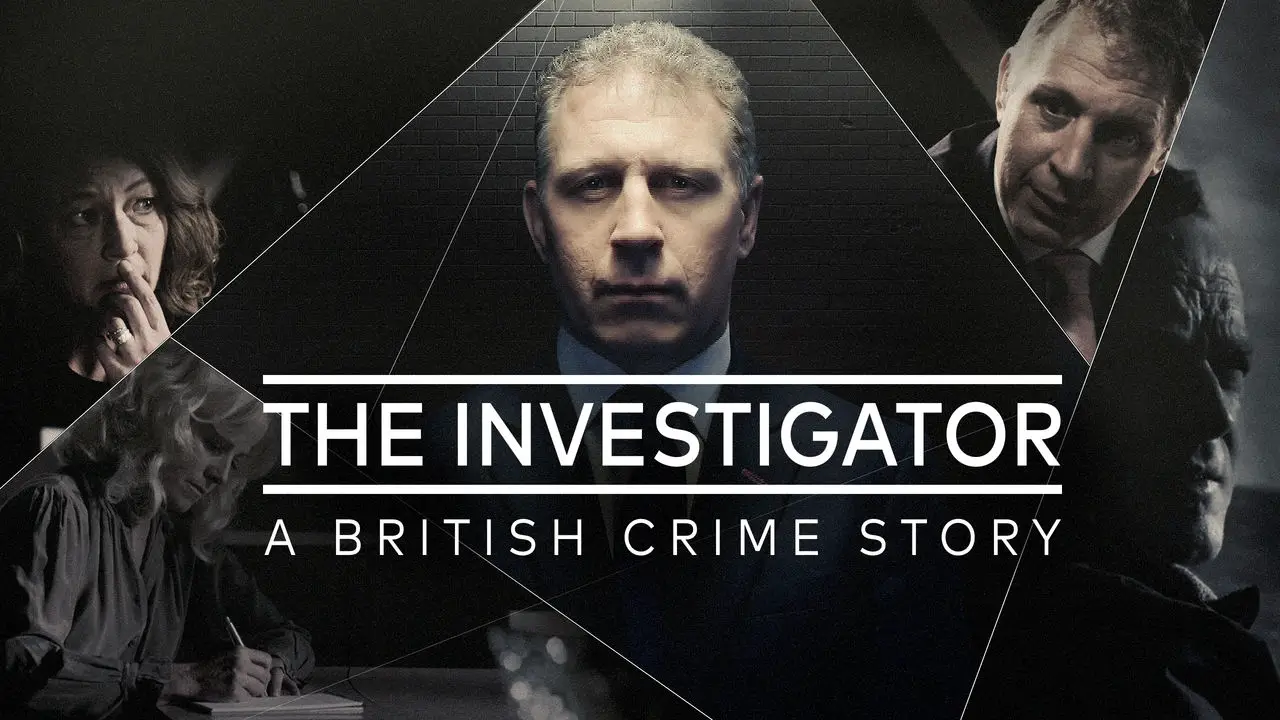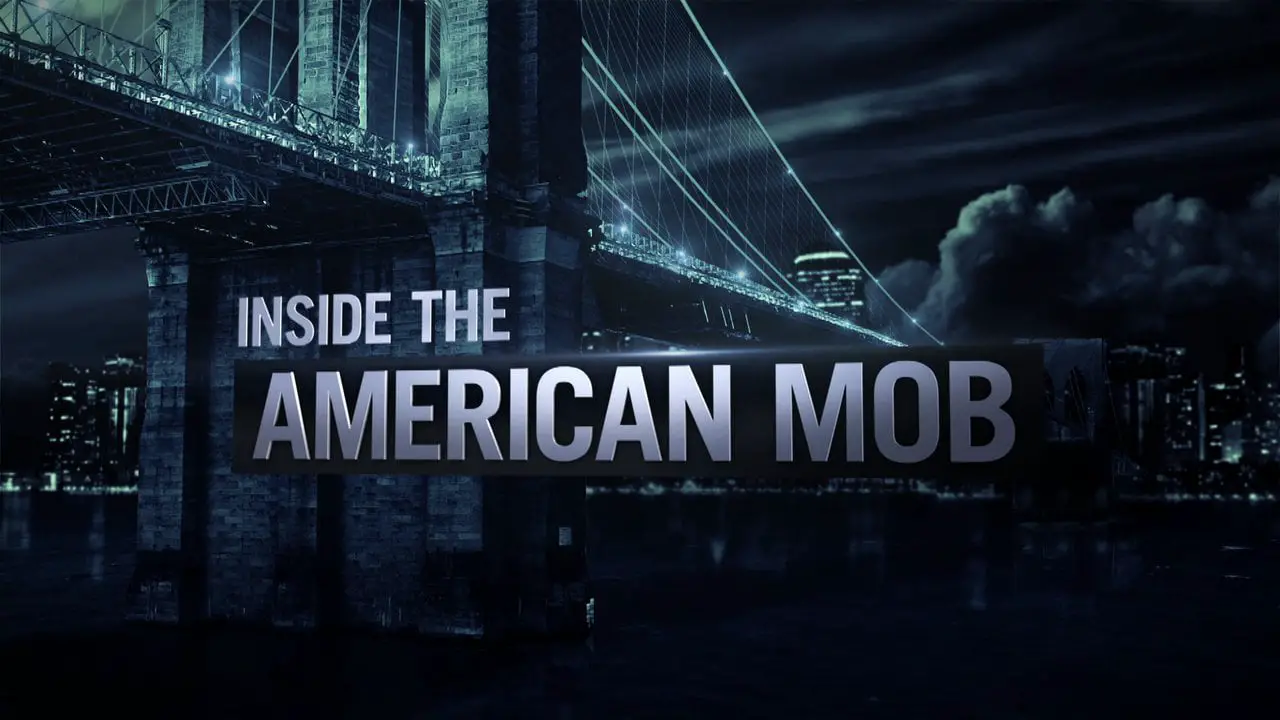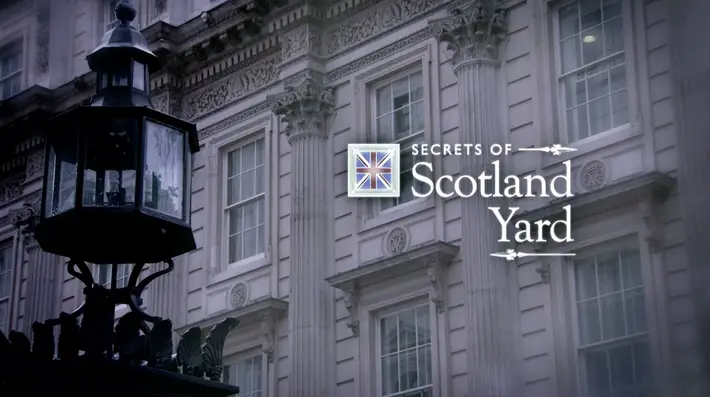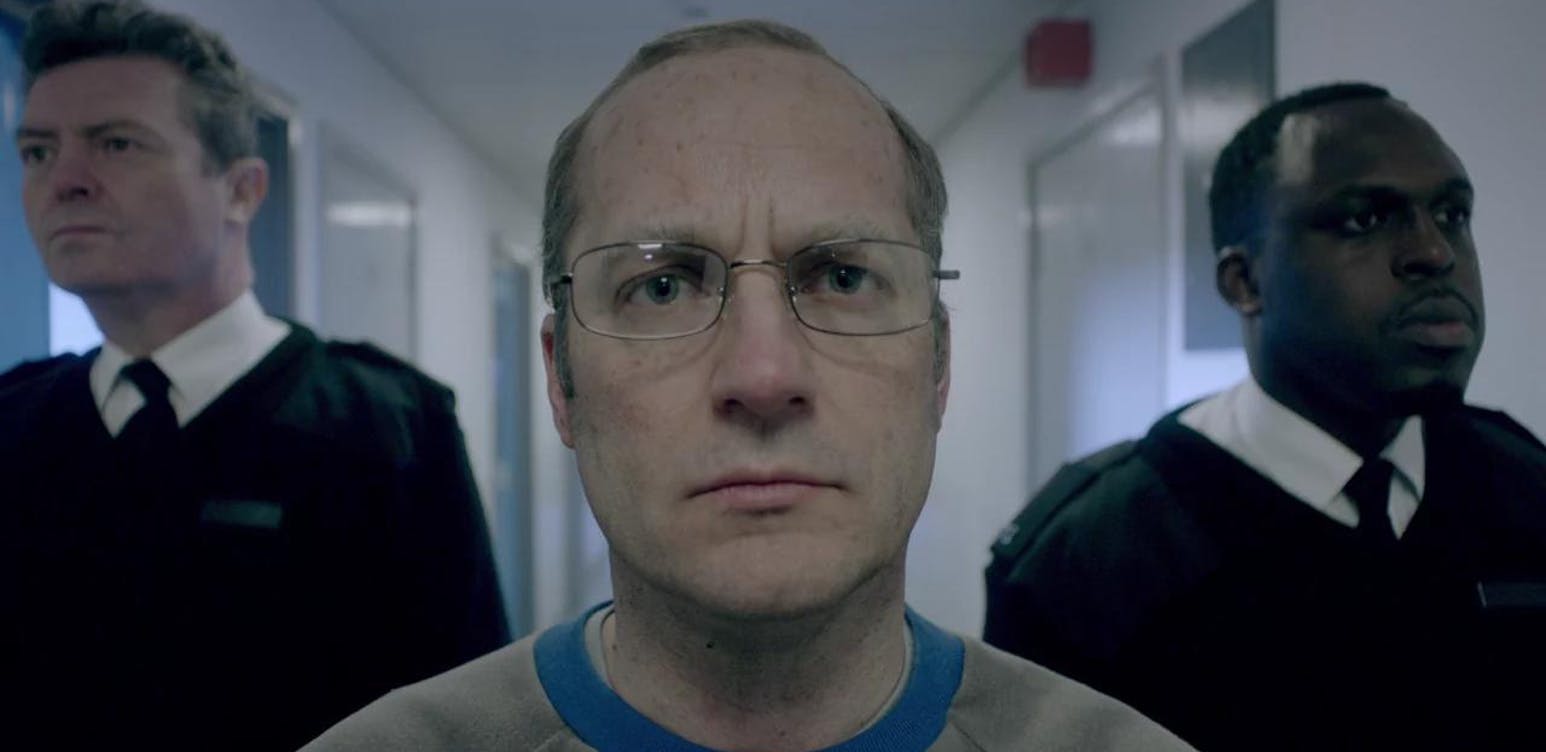The gritty world of crime captivates its audience, if not for the gore, then for the whodunit. If that weren’t the case, shows such as “Law and Order SVU” and “CSI” would not flourish on television. Fictional crime captures the people’s attention well, but the infamy of real-life horror makes for excellent crime documentaries years after the ordeals take place.
Taking the viewers on a step by step journey through cases that have struck lives around the globe, here are four crime documentaries you don’t want to miss.
1. “The Investigator: A British Crime Story”

Many consider this docuseries to be the British response to America’s “Making a Murder,” complete with producer Simon Cowell’s flair for dramatics. Although at times the show’s deliverance is overdone, it does not take away from the intrigue of the cases.
Season 1 presents a reexamination of the 30-year-old missing person case of Carole Packman over four episodes. Packman disappeared in June 1985, and her husband Russell Causley was arrested over a decade later on charges of her murder even though a body was never found. Surrounding the case are the family’s odd and dark home life, a mistress and Causley’s weaving of lies, truth and dooming silence to everyone he encounters.
Bringing his police and investigative experience to the table, Mark Williams-Thomas aids Causley and Packman’s daughter to provide closure: What really happened to Carole Packman? This crime documentary delves into one of the most complicated missing person/murder cases to date.
2. “Inside the American Mob”

As one of the lesser-known crime documentaries, “Inside the American Mob” gives FBI personnel and mafia member interviews of the rise and fall of the American Mafia empire in the 1970s, starting with legendary FBI agent Joe Pistone’s infiltration of the Bonanno family under the name Donnie Brasco. With the information he obtained, the documentary presents the timeline of the FBI’s road to take down prominent mob members, both in legal and violent fashions.
Mobsters give their accounts of the details of their lives with the mafia and its loyalty to La Casa Nostra, the mafia’s overarching ruling. As some of the former members’ identities are concealed for their protection, the information given in the crime documentary is anything but safe for the members to share. What mob secrets are so important that they are willing to compromise some of their safety.
3. “Killer Legends”

Producer and writer Joshua Zeman and researcher Rachel Mills trace the origins of four popular urban legends: The Hookman, The Candyman, The Babysitter and the Voice on the Phone, and the Killer Clown. What they find in each situation are crimes that are far worse than the legends would have you believe.
Zeman and Mills take the charge in this crime documentary, searching the U.S. for the crimes that might have inspired these stories well-known by many. The renown is so recognizable that many early and modern horror films take from the stories like “The Town That Dreaded Sundown.”
Zeman has also produced other films and crime documentaries, such as “Cropsey,” which covers the urban legend that he remembers from his childhood. It draws connections between where urban legends end and where true crime begins, conceptualized in the same fashion as “Killer Legends.”
4. “Secrets of Scotland Yard”

The PBS crime documentary revisits well-known cases from one of the most prominent police and detective services. With a history of how Scotland Yard came to be and how the force’s services rendered have changed, this documentary balances historical fact and some of the most infamous crimes well.
The initial commissioner, Sir Richard Mayne, introduced London police’s first detectives as an invaluable source for stopping crime after an attempt was made on Queen Victoria’s life. From there, crime writers and Sir Arthur Conan Doyle’s “Sherlock Holmes” series emerged, securing a remarkable reputation for Scotland Yard.
The documentary describes young Detective Inspector Richard Turner’s success in catching the Railway Murderer, which started the forensic growth of the police. Between cases of success and failure, the police learn other new methods for catching murderers and set the standard for police work in the future. They learn a lot during several landmark cases, but one sends Scotland Yard on a chase after one of the biggest killjoys in all of crime history: Jack the Ripper.
These crime documentaries are more focused on the stories and the lives of the victims rather than the gore of whatever physical crimes that were committed, though there is certainly no lack of carnage. Ultimately, they present some answers to the one question that everyone has when watching a feature for the motive for a crime, especially ones so heinous: Why?

















